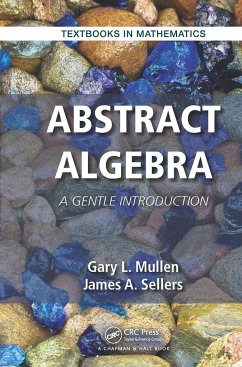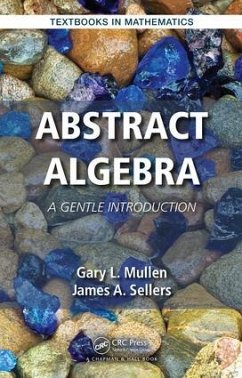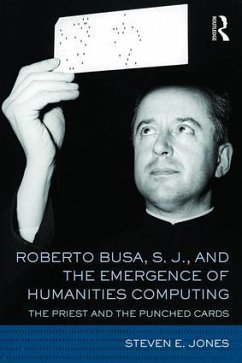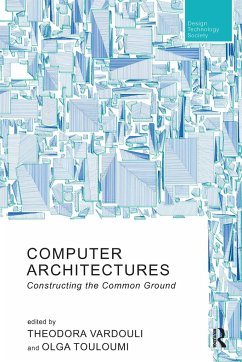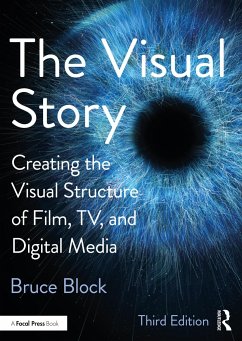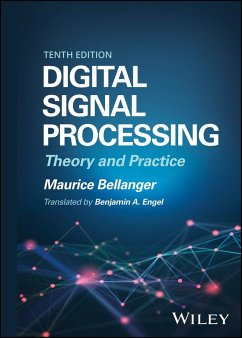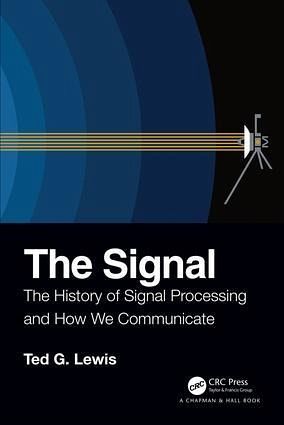
The Signal
The History of Signal Processing and How We Communicate
Versandkostenfrei!
Versandfertig in 6-10 Tagen
41,99 €
inkl. MwSt.
Weitere Ausgaben:

PAYBACK Punkte
21 °P sammeln!
Computers are the foundation of the information age, but communication technology is the foundation of the foundation. Without the theories and practical applications of theory brought to us by the pioneers of communication, the computer age would perhaps have remained in the back office, hidden away as infrastructure like electricity or running water - critical to modern life, but not as transforming as the combination of communications and computing. The information age exploded once machines were endowed with the ability to talk among themselves. The Signal connects everything to everything...
Computers are the foundation of the information age, but communication technology is the foundation of the foundation. Without the theories and practical applications of theory brought to us by the pioneers of communication, the computer age would perhaps have remained in the back office, hidden away as infrastructure like electricity or running water - critical to modern life, but not as transforming as the combination of communications and computing. The information age exploded once machines were endowed with the ability to talk among themselves. The Signal connects everything to everything else, in both communication, and in the metaphorical sense as the link between and among people.
Features
Identifies the key ideas underlying modern communications technology, and documents the contributions of its inventors
Explores the signal in communication, and also in the metaphorical sense as the link between and among people
Leads the reader through a journey from ancient number systems to Voyager II to radio and MP3s to quantum cryptography
Includes coverage of "Signals from Hell," including memes and "fake news" on the Internet
Looks to the future of communication, with emergent 5G
Features
Identifies the key ideas underlying modern communications technology, and documents the contributions of its inventors
Explores the signal in communication, and also in the metaphorical sense as the link between and among people
Leads the reader through a journey from ancient number systems to Voyager II to radio and MP3s to quantum cryptography
Includes coverage of "Signals from Hell," including memes and "fake news" on the Internet
Looks to the future of communication, with emergent 5G





